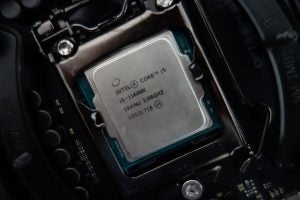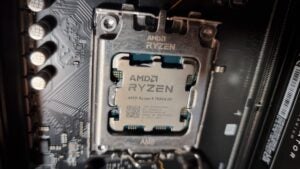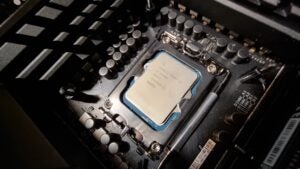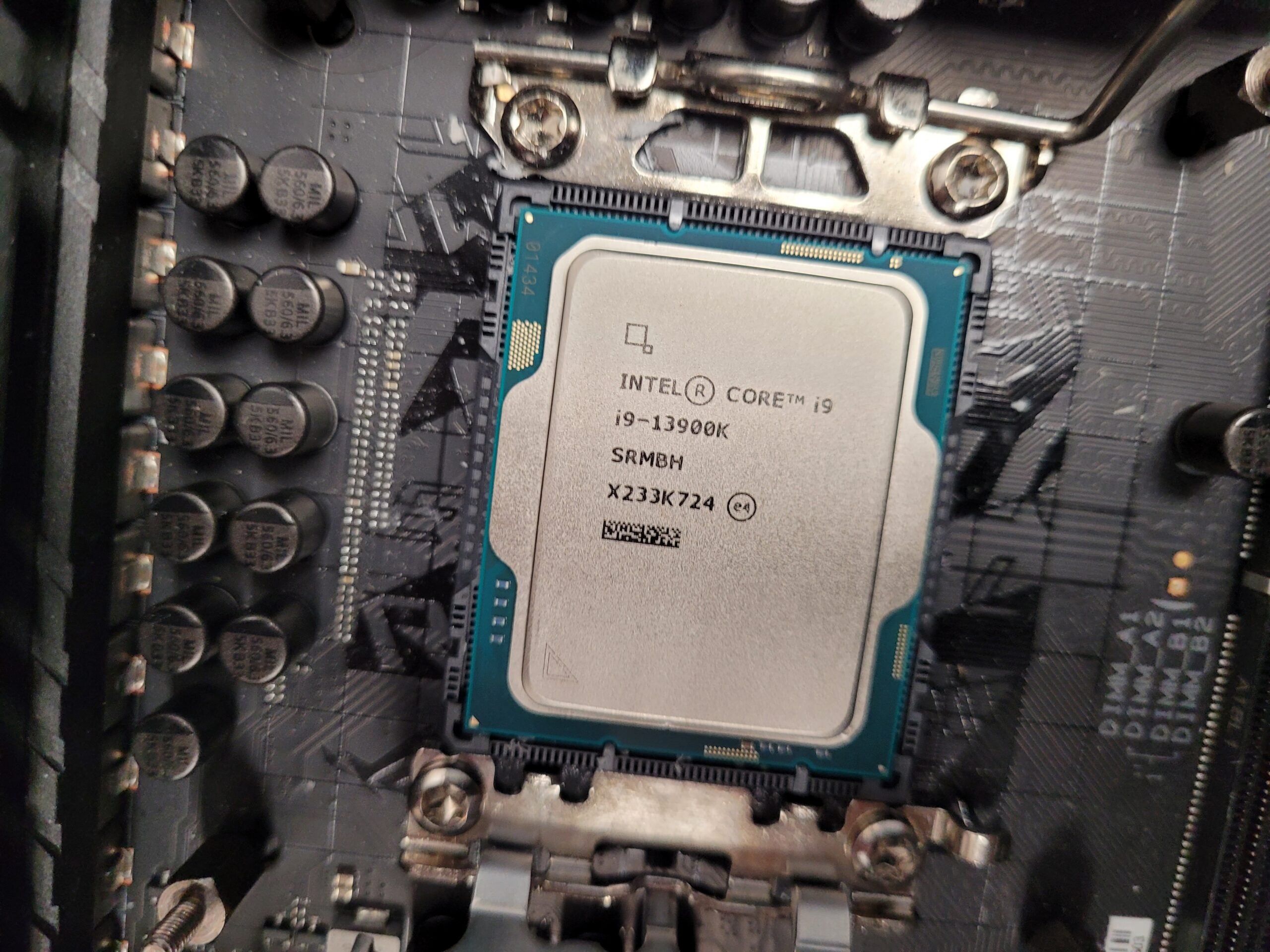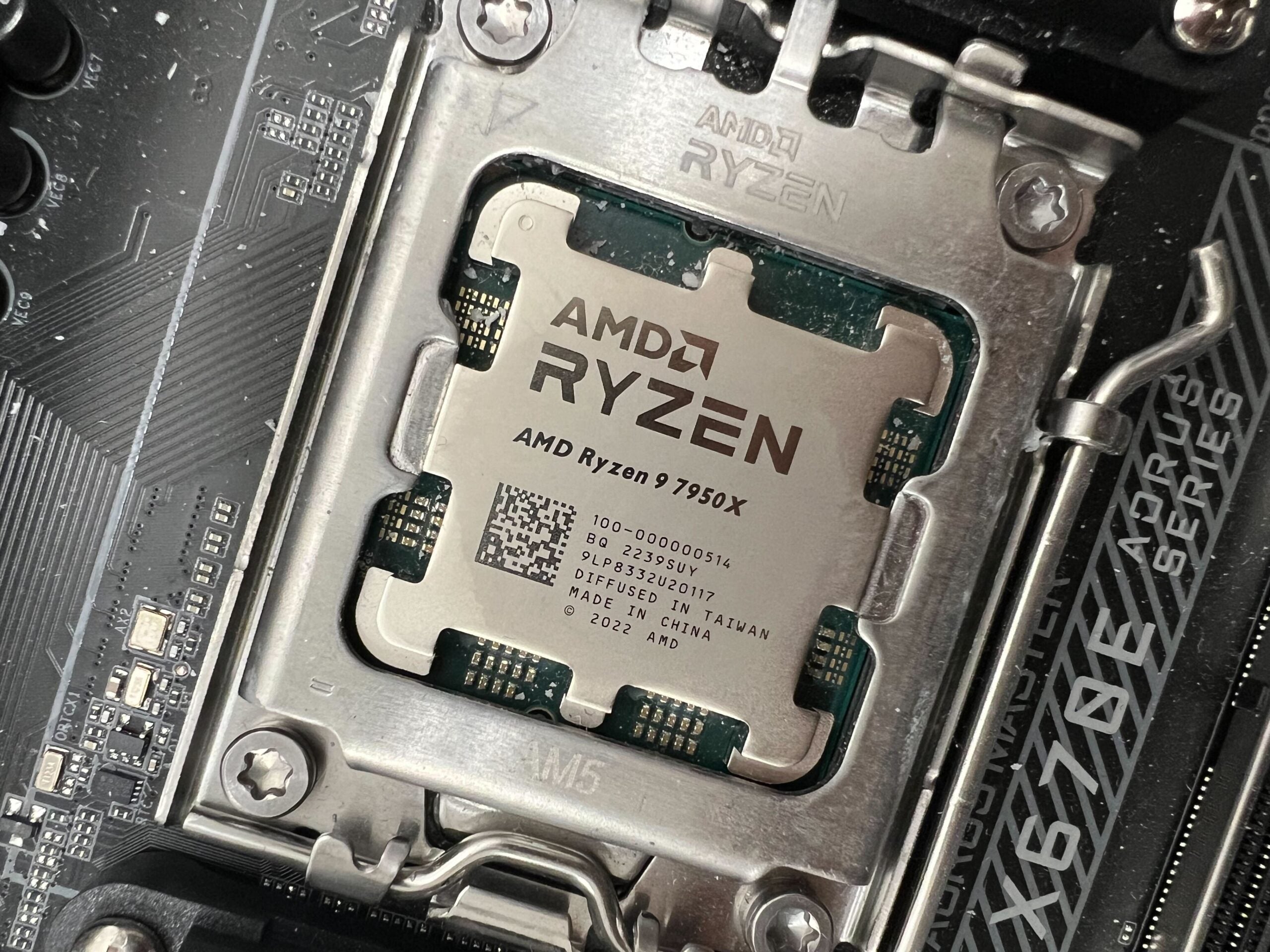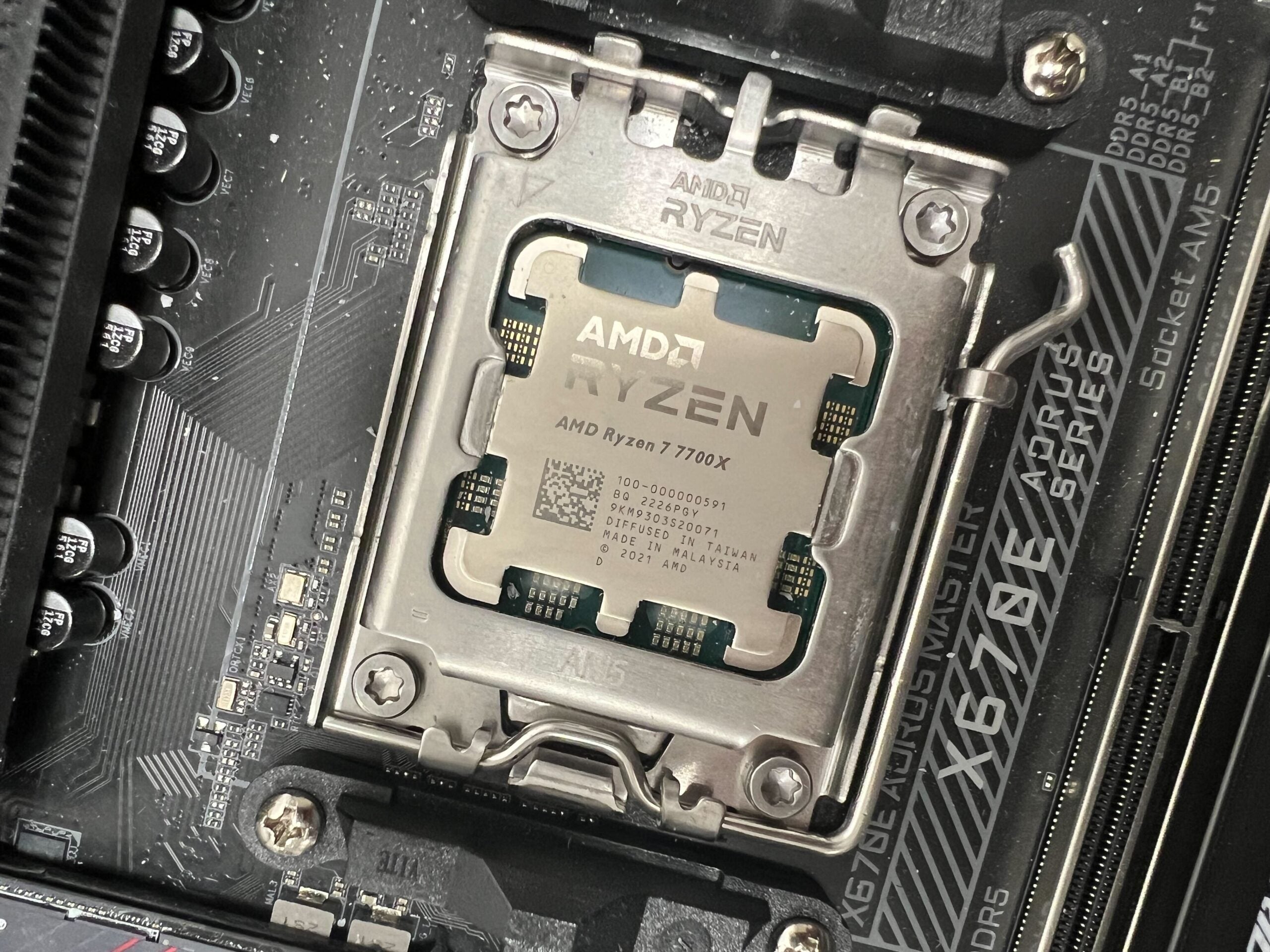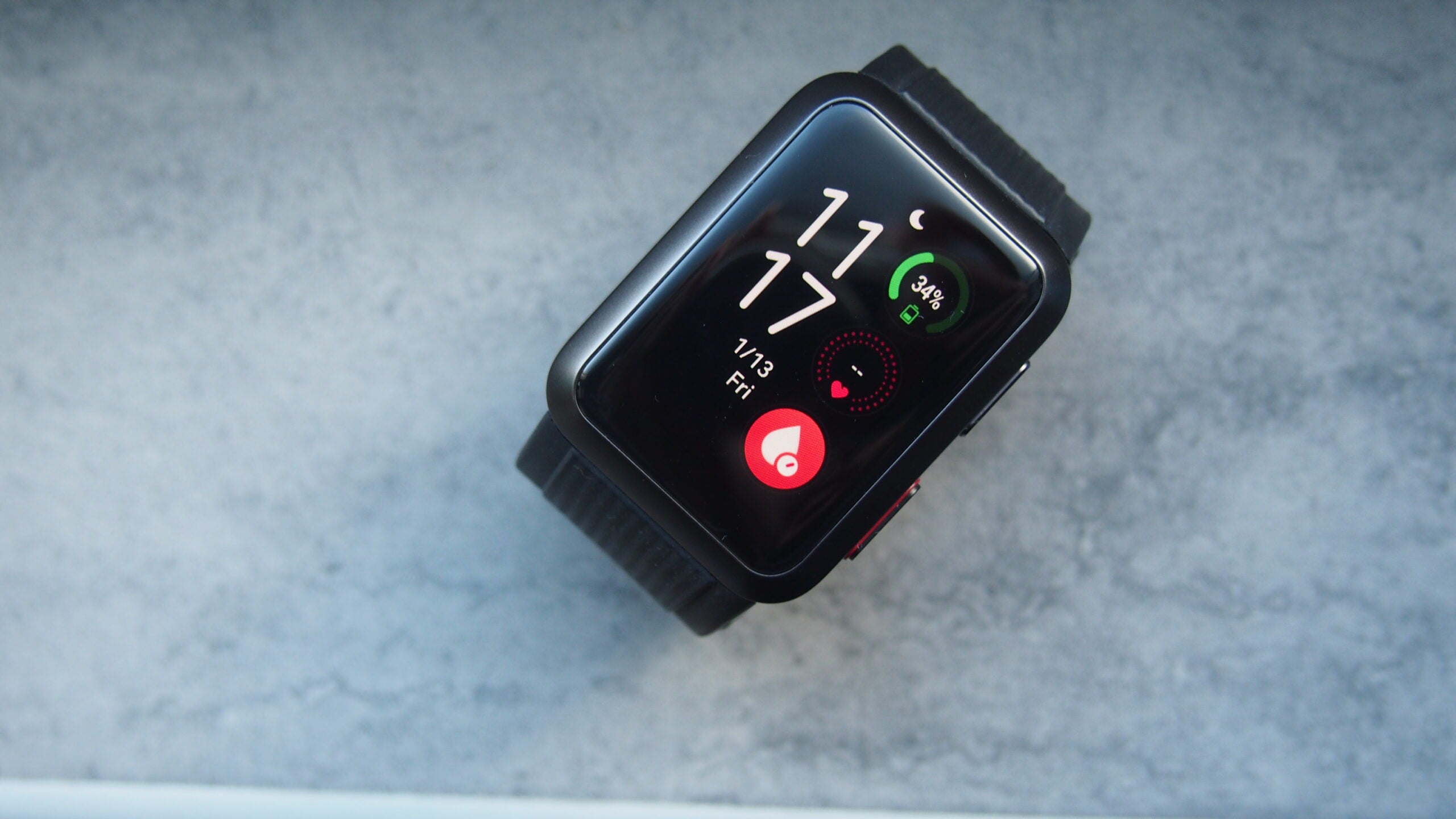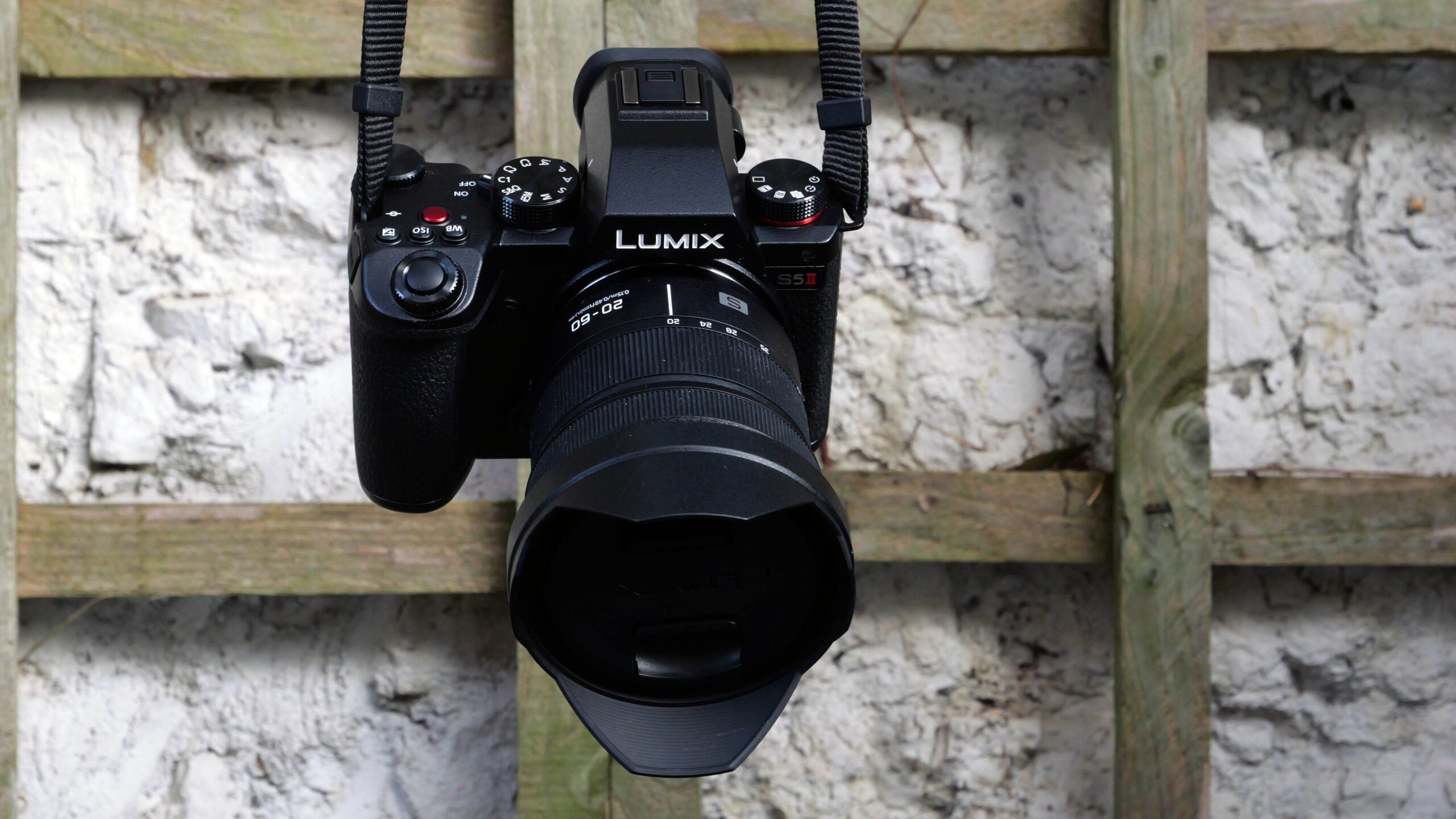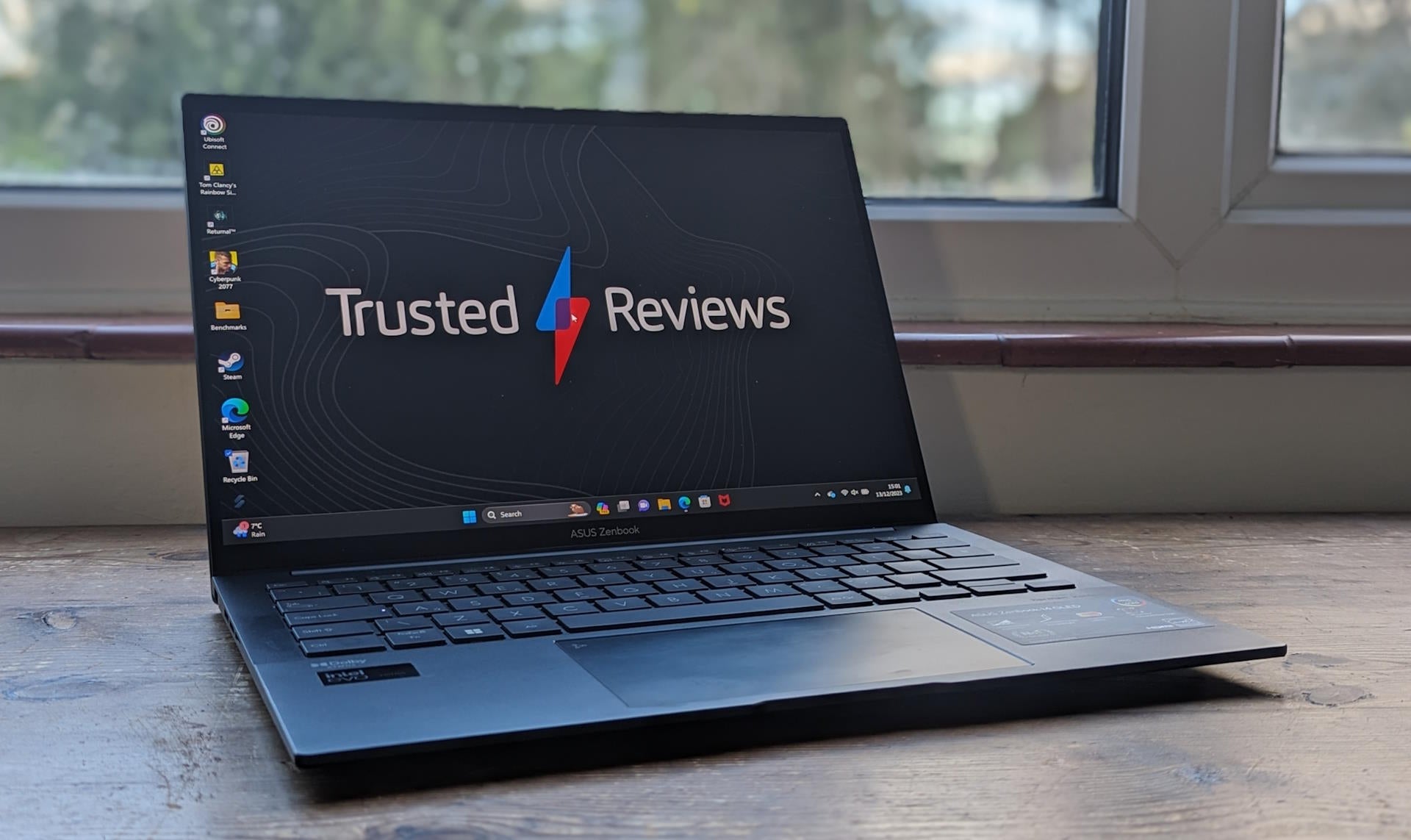Best Gaming CPU 2024: Top rated processors for gaming
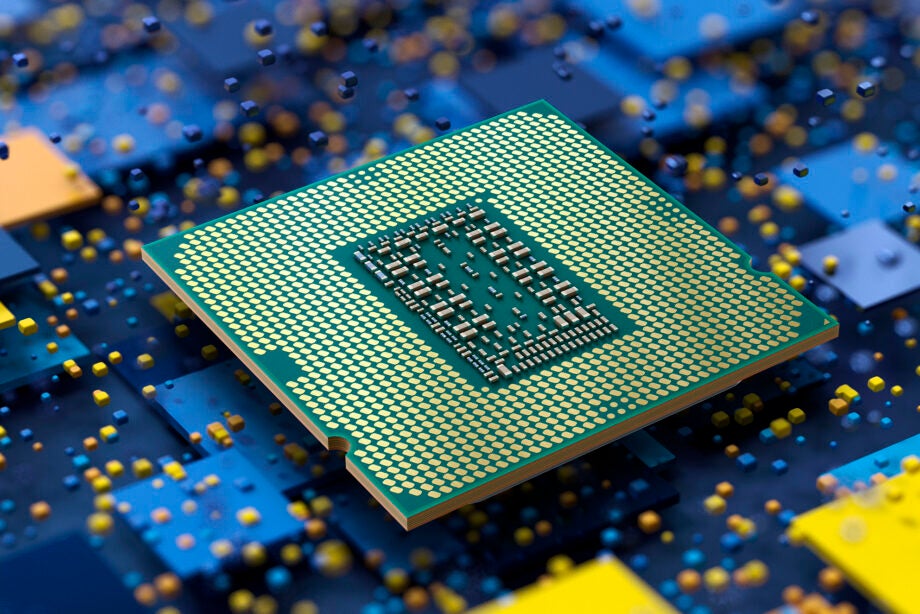
When it comes to building a gaming PC, the graphics card often gets all of the attention, but it’s also very important to find the best gaming CPU for your rig.
Not only can a new CPU offer improved processing power, but it can also raise the performance ceiling for other parts of your PC such as your RAM and SSD.
But with so many options available, and so many complicated specs to understand, what are the very best gaming CPU options? We review multiple processors every year, and so we’ve created this guide of the top rated options. Every processor that features on this list has been fully tested, with benchmarks conducted for general performance, gaming performance, power draw, peak temperature and more.
We’ve also made sure to include a variety of options, including budget-friendly chips to ultra-powerful processors that are future-proofed with the latest technology. As a result, there should be a gaming CPU here for everyone.
And if you’re not looking for a processor that’s specifically aimed at gaming, then take a look at our best CPU round-up for a broader view of what’s on the market. With all that said, here are all the best gaming CPUs you can find right now.
Best gaming CPUs at a glance
- Best value: AMD Ryzen 5 7600X – check price
- Most powerful: Intel Core i9-14900K – check price
- Best for select games: AMD Ryzen 9 7950X3D – check price
- best mid-range: Intel Core i5-14600K – check price
- Best budget: Intel Core i5-11600K – check price
How we test
We always review multiple CPUs at once to compare data, using consistent components for fair testing where possible.
We use a mix of both synthetic and in-game benchmarks to gauge performance, while also considering additional features and pricing.
We also measure the likes of power consumption and peak temperature under stress to get an idea of performance efficiency.
- Excellent gaming performance
- Support for PCIe 4.0
- Good value for money
- Runs at comparatively low temperatures
- Poor multi-threaded performance
- Marginal performance gains from 10th generation
- Outstanding gaming performance
- Support for DDR5 and PCIE 5.0
- Great power efficiency
- Affordable price
- Subpar multi-core performance
- Requires a high-end cooler
- Worth waiting for Intel Raptor Lake
- Impressive gaming performance
- Versatile across multiple fields
- APO could be a game changer
- No price increase compared to last gen
- Insane temperatures & power draw
- Far better value CPUs available
- Little difference compared to last gen
- Strong overall gaming performance
- Decent in multi-threaded tasks
- 3D V-cache is still a game changer
- Temps and power draw solid
- Can’t quite keep up in pro workloads
- Not all games benefit from V-cache
- No support for DDR4
- Strong performance in game
- Best value processor right now
- Reasonable temps and power draw
- Price remains the same as last gen
- No major hardware advancement
- Better professional picks elsewhere
- Lacks Intel’s APO tech
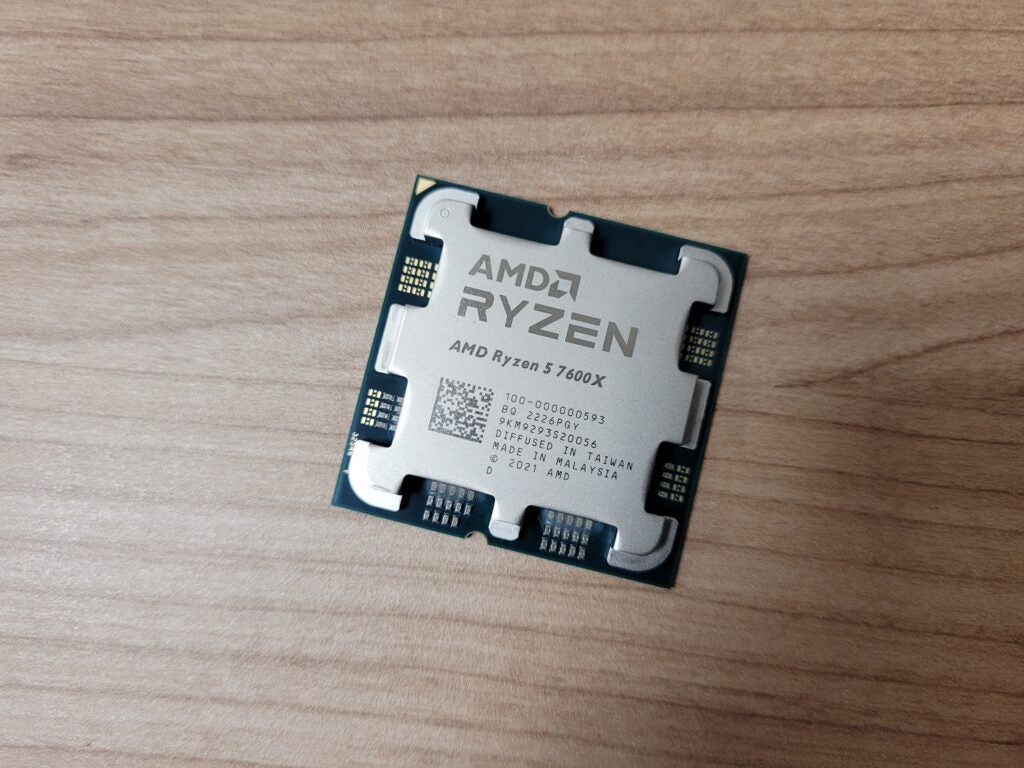
AMD Ryzen 5 7600X
Best value gaming CPU
Pros
- Outstanding gaming performance
- Support for DDR5 and PCIE 5.0
- Great power efficiency
- Affordable price
Cons
- Subpar multi-core performance
- Requires a high-end cooler
- Worth waiting for Intel Raptor Lake
The AMD Ryzen 5 7600X is, in our opinion, the best gaming CPU in terms of value right now. In testing, we found that the Zen 4 chip offers fantastic gaming performance, similar to the much more powerful (and expensive) Ryzen 9 7900X.
Our results showed there to only be a handful of frames different in AAA titles such as Horizon Zero Dawn and older games such as Dirt Rally. Intriguingly, the 7600X also managed to best the 7900X in Borderlands 3, even if it was only by a single frame per second. The point stands that for the price, the 7600X is an incredible gaming CPU.
As well as offering an excellent performance, the 7600X is also future-proofed for the foreseeable future, with support for PCIe 5.0 and DDR5, enabling compatibility with cutting-edge RAM and SSDs. Sadly, there’s no support for DDR4 here, so you will be forced to upgrade your RAM when switching up to the Ryzen 7000 Series.
The only cause for concern here is that the Ryzen 5 isn’t great for multi-core performance. If you fancy editing video or creating animations when taking a break from gaming, we recommend opting for the slightly more expensive Intel Core i5-14600K instead.
Reviewer: Ryan Jones
Full review: AMD Ryzen 5 7600X review
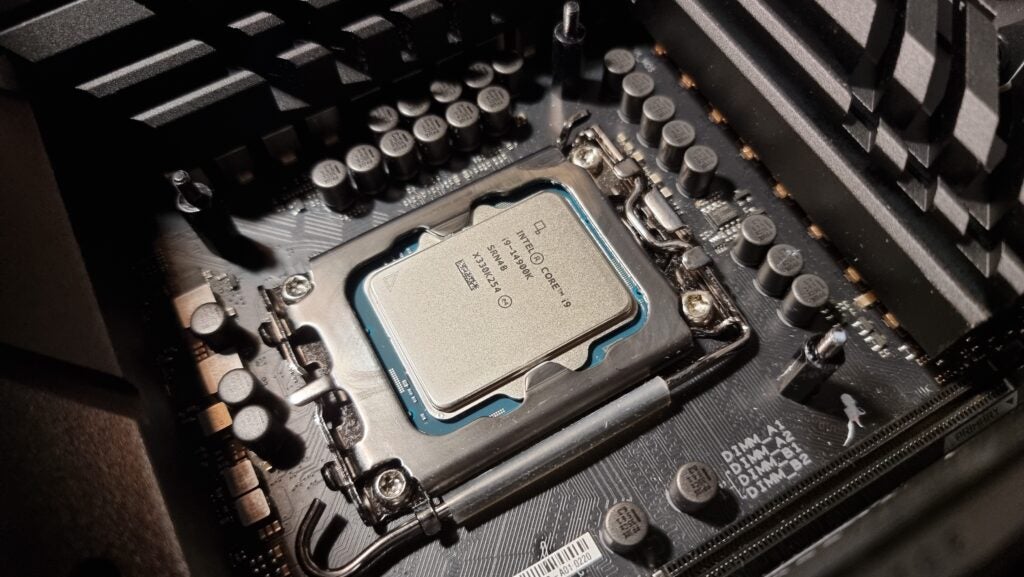
Intel Core i9-14900K
Most powerful gaming CPU
Pros
- Impressive gaming performance
- Versatile across multiple fields
- APO could be a game changer
- No price increase compared to last gen
Cons
- Insane temperatures & power draw
- Far better value CPUs available
- Little difference compared to last gen
If you simply want the most powerful gaming CPU available, then our benchmark tests show the Intel Core i9-14900K to be the frontrunner. More often than not, it trumped both the Intel Core i9-13900K and AMD Ryzen 9 7950X3D in our tests, not only for gaming but for content creation workloads too.
With 24 cores and 32 threads, it is an excellent processor for juggling multiple intensive tasks, making it an extremely versatile chip. It also flaunts support for DDR5 and PCIe 5.0 to ensure its future-proof for years to come.
We did discover that the performance jump from the Intel Core i9-13900K isn’t as big as we had hoped, with little separating the chips. But since its predecessor still shares the same price point, it still makes sense to opt for the Intel Core i9-14900K.
The absolute best performance does come with a caveat though, as our tests showed it to have an incredibly high power draw and peak temperature. But if you’re happy to invest in a high-end PSU and cooler, then you’ll be rewarded with the best gaming CPU performance that money can buy.
It’s also worth considering the Intel Core i7-14700K, which isn’t quite as strong for multi-workloads, but still packs a powerful performance at a slightly more affordable price.
Reviewer: Zak Storey
Full review: Intel Core i9-14900K review

AMD Ryzen 9 7950X3D
Best Gaming CPU for select games
Pros
- Strong overall gaming performance
- Decent in multi-threaded tasks
- 3D V-cache is still a game changer
- Temps and power draw solid
Cons
- Can’t quite keep up in pro workloads
- Not all games benefit from V-cache
- No support for DDR4
The AMD Ryzen 9 7950X3D is a curious processor. It’s not the most powerful gaming CPU across the board – that accolade goes to the Intel Core i9-14900K – but it does gain a huge performance boost over its rivals whenever a game leverages the power of the 3D V-Cache technology.
Unfortunately, it’s difficult to determine which games actually get a boost from the 3D V-Cache. None of the games that we used for benchmarking showed any evidence of a performance boost, although this is a relatively small sample size.
Nevertheless, the AMD Ryzen 9 7950X3D is still capable of fantastic gaming performance in general, while seeing a lower power consumption than its key Intel rivals. So if you want a power-efficient chip with an excellent performance and the odd chance of leapfrogging Intel in performance, then the AMD Ryzen 9 7950X3D is an excellent choice.
Alternatively, if you like the idea of a high-powered AMD processor, but aren’t fussed about the 3D V-Cache technology, then the standard AMD Ryzen 9 7950X chip is a great back-up choice.
Reviewer: Zak Storey
Full review: AMD Ryzen 9 7950X3D review

Intel Core i5-14600K
Best mid-range gaming CPU
Pros
- Strong performance in game
- Best value processor right now
- Reasonable temps and power draw
- Price remains the same as last gen
Cons
- No major hardware advancement
- Better professional picks elsewhere
- Lacks Intel’s APO tech
The Intel Core i5-14600K isn’t quite as cheap as the AMD Ryzen 5 7600X, but it does offer a better performance. In our most recent tests, it consistently outpaced its key AMD rivals at similar price points. It also supports all of the latest cutting-edge technology, including both DDR4 and DDR5, including PCIe 5.0.
This excellent mid-range chip admittedly doesn’t offer a big improvement on the preceding Intel Core i5-13600K, but since Intel has kept the price the same, it still represents outstanding value for gamers.
And while the Intel Core i5-14600K excels at gaming, it also offers a superior multi-core performance than many of the latest AMD chips. This makes it a good option for those who want a versatile PC that can both run the latest games and speed through multi-taking workloads and complicated content creation.
So while the Intel Core i5-14600K may not offer a significant performance jump on previous generations, it’s still the best performance you’ll likely find without spending over £300/$300.
Reviewer: Zak Storey
Full review: Intel Core i5-14600K review
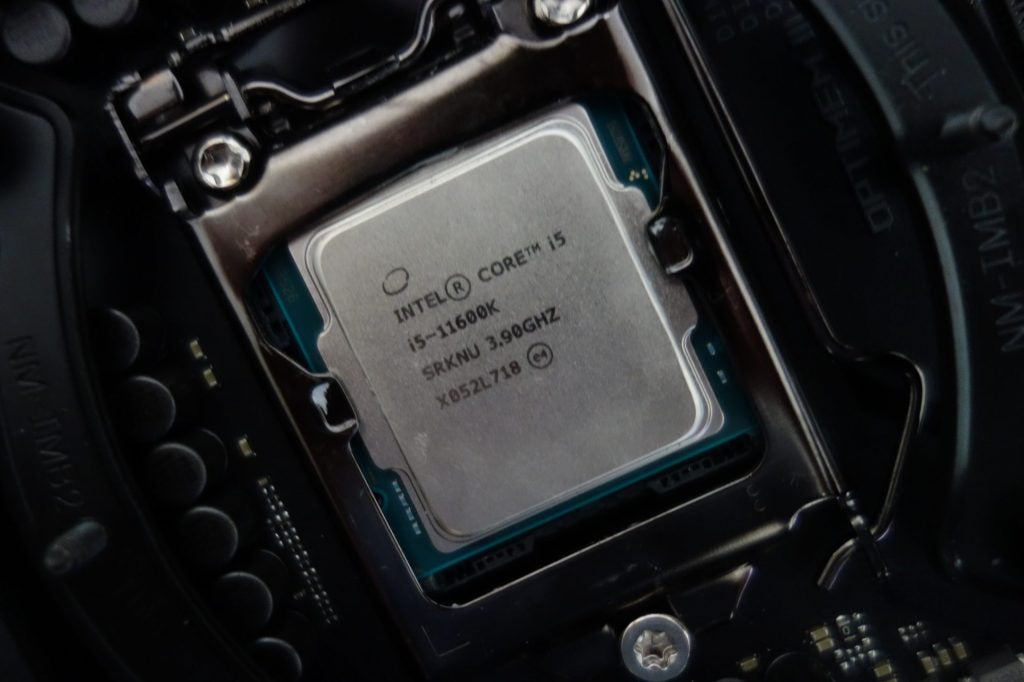
Intel Core i5-11600K
Best budget gaming CPU
Pros
- Excellent gaming performance
- Support for PCIe 4.0
- Good value for money
- Runs at comparatively low temperatures
Cons
- Poor multi-threaded performance
- Marginal performance gains from 10th generation
The Intel Core i5-11600K is a number of generations behind now, and so lacks support for future-proofed technology. Instead, it only supports PCIe 4.0 and DDR4.
However, we still think it offers fantastic gaming performance at such a low price. Our tests showed it to have a similar gaming performance compared to its 12th Gen sibling.
If you’re on a tight budget, it makes sense to buy a cheap processor and put more cash towards a more powerful graphics card, as that’s what will make a big difference to gaming performance. Check out our Best Graphics Card list for the current top options.
So if you’re building/upgrading a gaming PC on a budget, and don’t mind sacrificing support for the latest and greatest RAM and SSDs, then the Intel Core i5-11600K is a superb option.
Reviewer: Ryan Jones
Full review: Intel Core i5-11600K review
We also considered…
We’ve reviewed
See all reviewsFAQs
PCIe (peripheral component interconnect express) is an interface standard used for connecting high-speed components such as GPUs and SSDs. The PCIe generation will determine the performance handicap for connected components. The latest standard, PCIe 5.0, currently doesn’t have a big impact on GPU performance, but can enable far faster SSD speeds with compatible hardware.
The best thing to look out for when buying a gaming CPU is single-core performance. However, it’s also worth considering other aspects such as supported features, power consumption and temperature.


